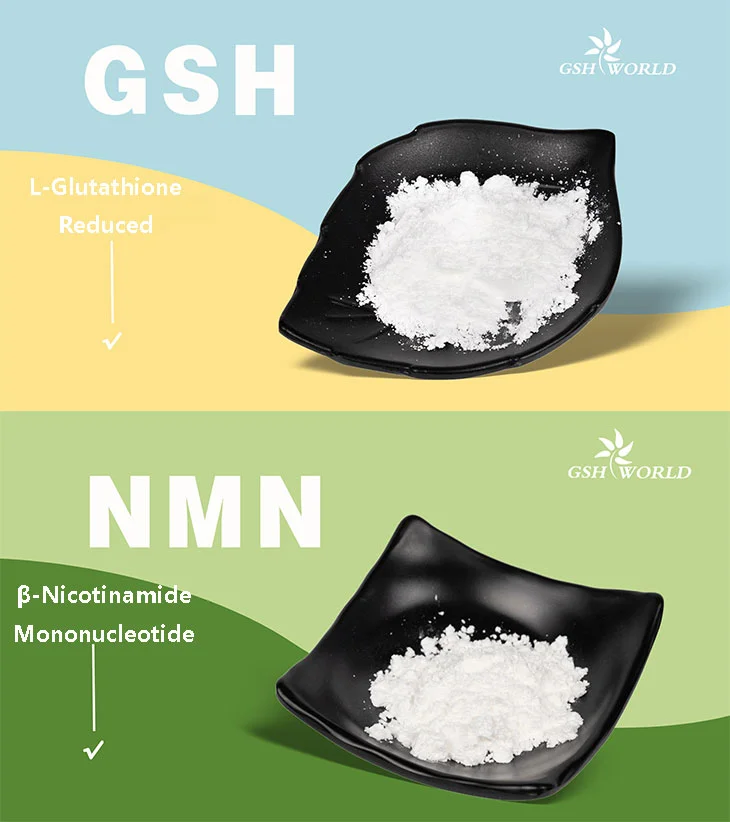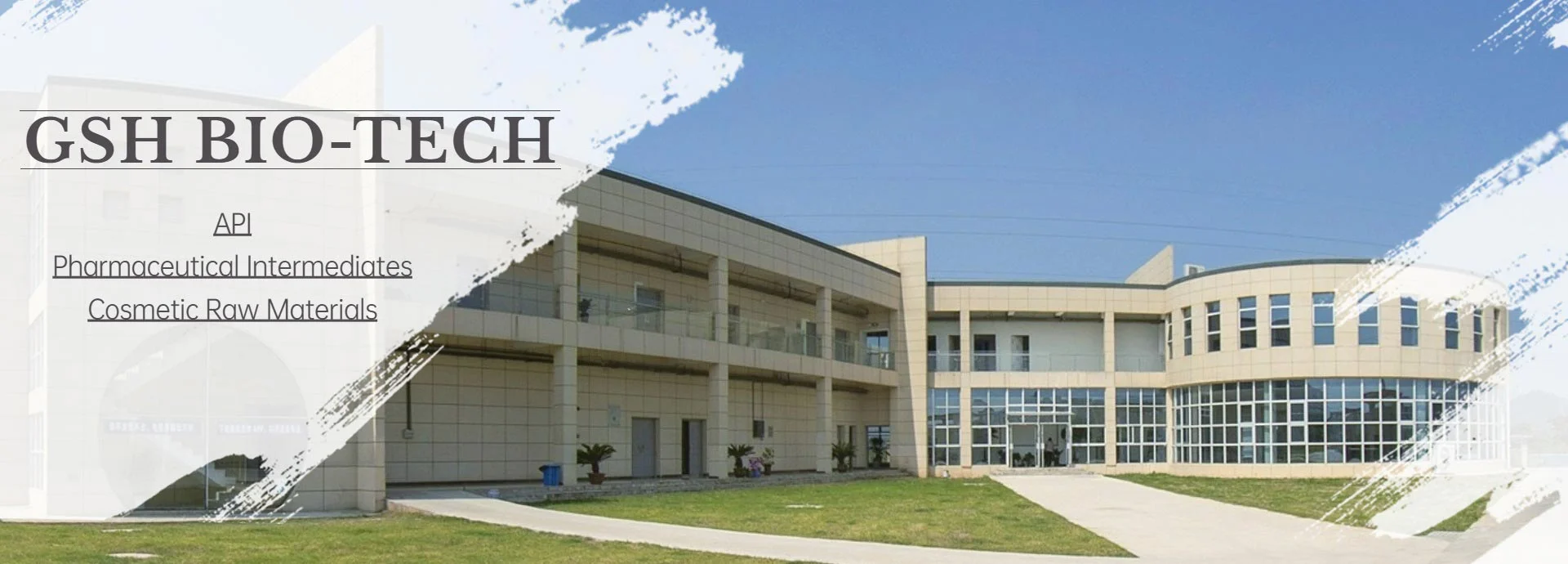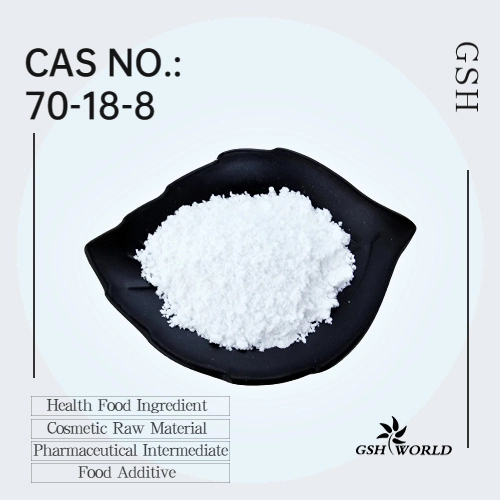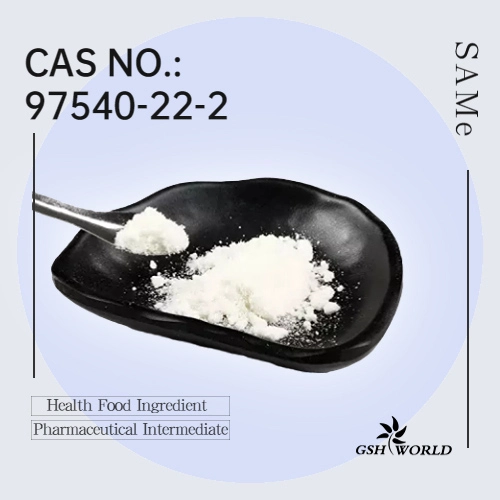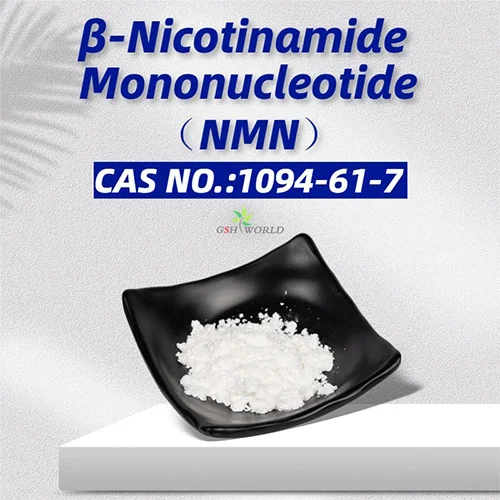L-Glutathione Oxidized: A Key Player in Redox Homeostasis
L-Glutathione Oxidized, also known as GSSG or glutathiol, is a disulfide form of glutathione, a tripeptide composed of glutamic acid, cysteine and glycine. Glutathione is a ubiquitous and essential molecule that plays a vital role in antioxidant defense, detoxification and cellular signaling. Glutathione exists in two interconvertible forms: reduced glutathione (GSH) and oxidized glutathione (GSSG). The ratio of GSH to GSSG reflects the redox state of the cell and is an indicator of oxidative stress.
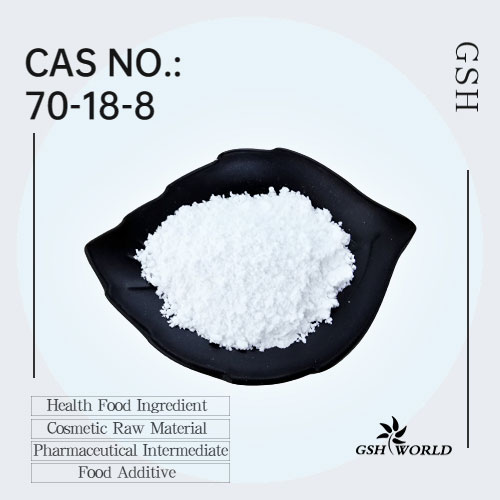
L-Glutathione oxidized is formed when two molecules of GSH are oxidized by various oxidants, such as hydrogen peroxide, peroxynitrite, lipid peroxides and electrophiles. GSSG can be reduced back to GSH by glutathione reductase (GR), an enzyme that uses NADPH as a cofactor. The recycling of GSH and GSSG is part of the glutathione system, which also involves glutathione peroxidase (GPx), glutathione transferase (GST) and glutamate-cysteine ligase (GCL).
L-Glutathione oxidized has several functions in the cell, such as:
Maintaining redox homeostasis. GSSG acts as a reservoir of GSH and helps to maintain a high ratio of GSH to GSSG in the cell. This ratio is crucial for the activity and regulation of many redox-sensitive proteins, such as transcription factors, enzymes and receptors.
Regulating thiol-disulfide exchange reactions. GSSG can react with protein thiols to form mixed disulfides, which can modulate protein structure, function and interactions. This process is reversible and can be mediated by various enzymes, such as thioredoxin, protein disulfide isomerase and glutaredoxin.
Participating in signal transduction pathways. GSSG can act as a second messenger or a cofactor for some signaling molecules, such as nitric oxide, hydrogen sulfide and poly(ADP-ribose). GSSG can also modulate the activity of some kinases, phosphatases and transcription factors involved in cellular responses to stress, inflammation and apoptosis.
L-Glutathione oxidized is usually measured by spectrophotometric or fluorometric methods, which rely on the reaction of GSSG with specific reagents, such as DTNB (Ellman’s reagent), o-phthalaldehyde or monobromobimane. The concentration of GSSG can be calculated by subtracting the concentration of total glutathione (GSH + GSSG) from that of free GSH.
L-Glutathione oxidized is generally safe and well-tolerated by most people. However, some possible side effects or precautions include:
Allergic reactions. Some people may be allergic to L-glutathione oxidized or other ingredients in the product. Symptoms may include rash, itching, swelling, breathing difficulty or anaphylaxis. If any of these occur, stop taking the product and seek medical attention immediately.
Gastrointestinal discomfort. Some people may experience nausea, vomiting, diarrhea or stomach pain after taking L-glutathione oxidized. This may be due to the high dose of L-glutathione oxidized or the acidity of some products. To prevent or reduce this, it is recommended to take the product with food or water, or choose a product with a buffered or liposomal formulation.
Interactions with medications or supplements. L-Glutathione oxidized may interact with some drugs or supplements that affect its metabolism or function. For example, L-glutathione oxidized may reduce the effectiveness of chemotherapy drugs or antiretroviral drugs for HIV infection. L-glutathione oxidized may also increase the risk of bleeding when taken with anticoagulants or antiplatelet drugs. Therefore, it is important to consult a doctor before taking L-glutathione oxidized if you are taking any medications or supplements.
In conclusion, L-glutathione oxidized is a key player in redox homeostasis and has several functions in the cell, such as maintaining redox balance, regulating thiol-disulfide exchange reactions and participating in signal transduction pathways. It is generally safe and well-tolerated by most people, but some side effects or precautions may occur. It is advisable to follow the instructions on the product label or consult a doctor before taking L-glutathione oxidized.
PREVIOUS: NMN Powder: Unlocking the Fountain of Youth at the Cellular Level
NEXT: Nicotinamide Mononucleotide Powder: A Supplement for Boosting NAD+ and Health
by GSHWORLD
GSHWORLD is China Biological API Manufacturer. China Glutathione Supplements powder suppliers & best Glutathione benefits raw material Factory.


